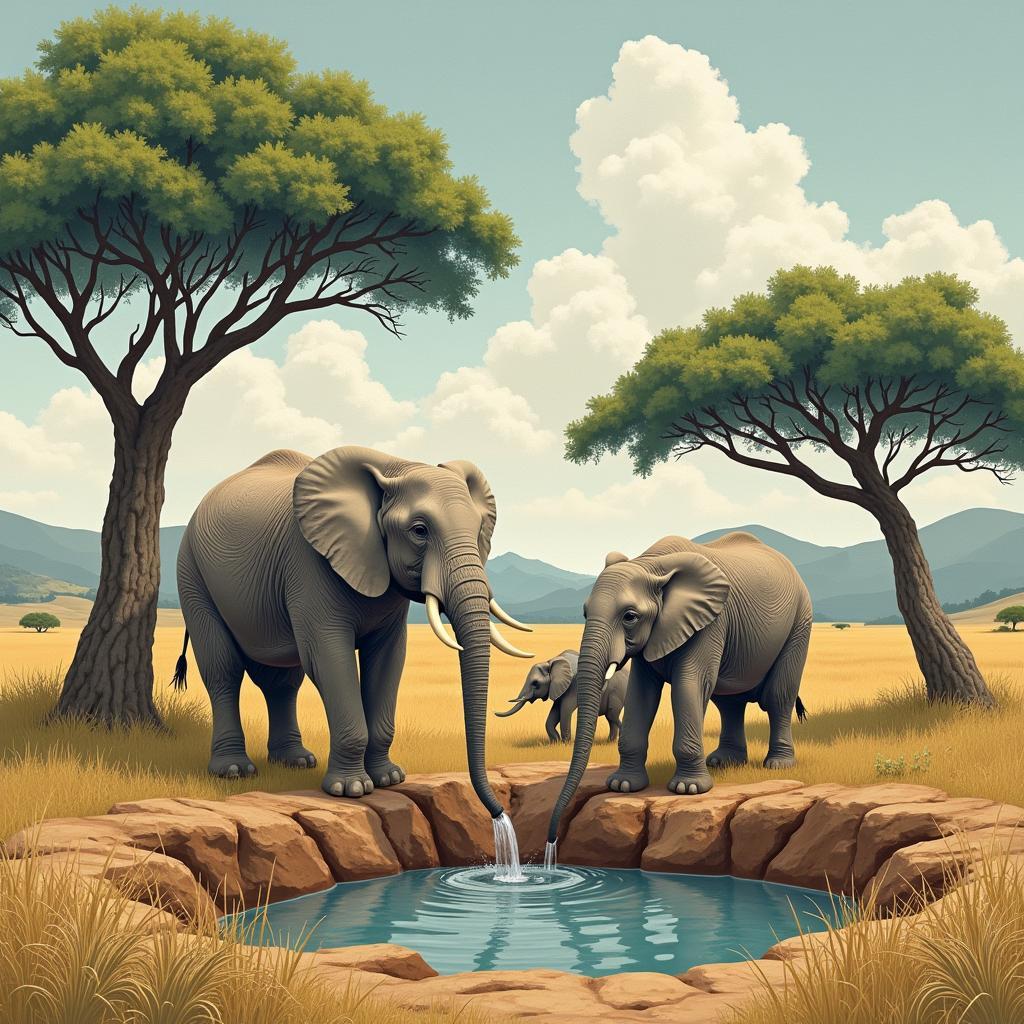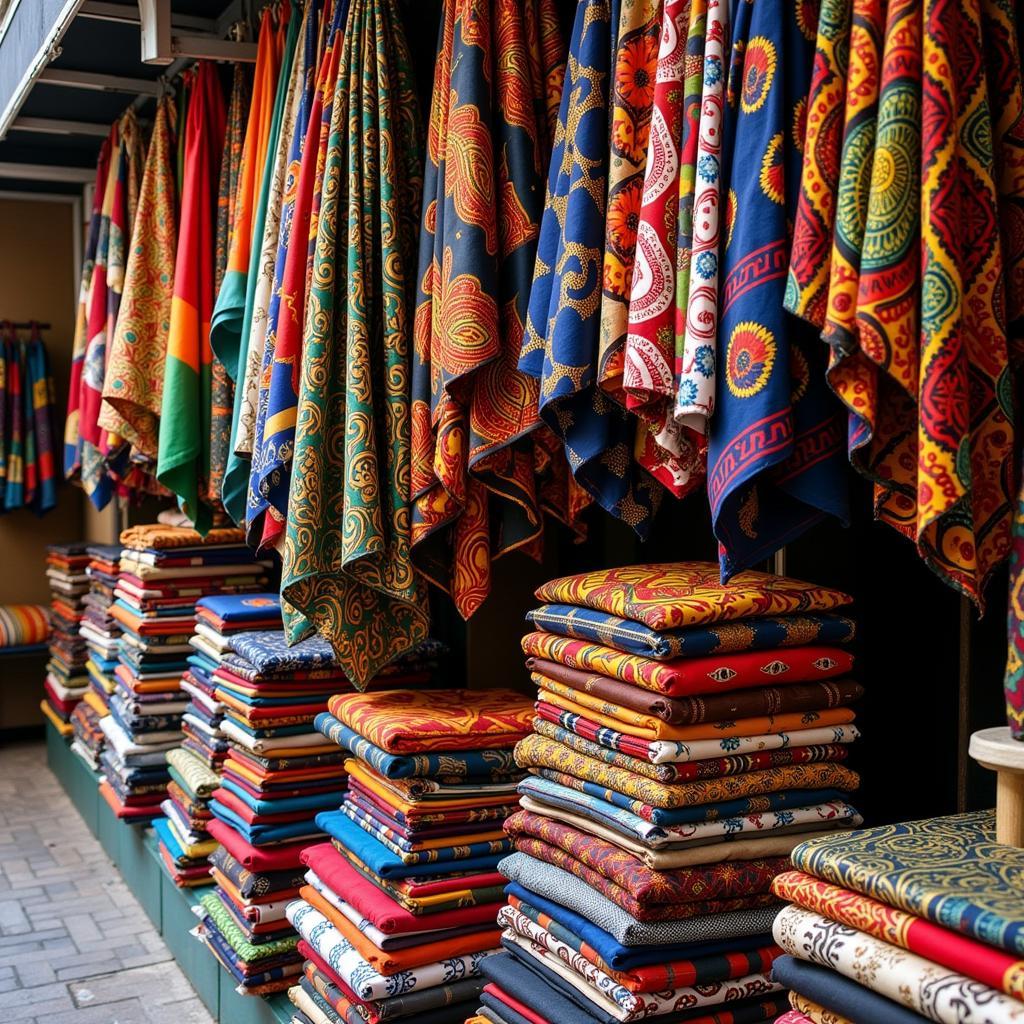African International Documentary Film Festivals in 2019: A Showcase of African Stories
2019 saw a surge in the number and popularity of African international documentary film festivals, providing a global platform for African filmmakers to tell their stories and showcase their talent. These festivals attracted audiences from around the world, fostering cultural exchange and promoting understanding of the diverse narratives emerging from the continent.
A Panoramic View of African Cinema
These festivals went beyond simply showcasing films. They provided a space for filmmakers, producers, distributors, and industry professionals to connect, collaborate, and learn from each other. Workshops, masterclasses, and panel discussions enriched the festival experience, fostering the growth of African filmmaking.
From the Heart of Africa: Celebrating Local Voices
One of the most striking aspects of these festivals was the focus on local narratives. The films explored themes of social justice, political reform, environmental challenges, and personal journeys, giving voice to the experiences of ordinary Africans.
Key International Documentary Film Festivals in Africa: 2019 Edition
Here’s a look at some of the prominent international documentary film festivals that took place in Africa in 2019:
-
The Zanzibar International Film Festival (ZIFF): Held annually in Zanzibar, Tanzania, ZIFF is one of the most significant film festivals in Africa. In 2019, it showcased a diverse selection of documentaries, feature films, and short films, highlighting the richness of African cinema.
-
The Durban International Film Festival (DIFF): Taking place in Durban, South Africa, DIFF is another prominent event on the African film calendar. The 2019 edition focused on themes of social justice, environmental sustainability, and the power of storytelling.
-
The Fespaco (Panafrican Film and Television Festival of Ouagadougou): Held biennially in Ouagadougou, Burkina Faso, Fespaco is one of the largest and most prestigious pan-African film festivals. The 2019 edition attracted filmmakers from across the continent, highlighting the growing influence of African cinema globally.
-
The Johannesburg International Film Festival (JIFF): This festival, held in Johannesburg, South Africa, is known for its focus on independent filmmaking. The 2019 edition showcased a diverse range of documentaries exploring social issues, cultural identity, and personal struggles.
-
The Africa International Film Festival (AFRIFF): Held in Lagos, Nigeria, AFRIFF is one of the most important film festivals in West Africa. In 2019, the festival featured a strong lineup of documentaries that explored themes of political corruption, social inequality, and the resilience of the human spirit.
The Impact of African Documentaries
These festivals played a crucial role in promoting the visibility and impact of African documentaries. The films screened at these events often tackled sensitive social issues, raising awareness and sparking critical conversations. They provided a platform for filmmakers to challenge the status quo, advocating for change and social justice.
The Role of Festivals in Shaping the Future of African Cinema
“These festivals are crucial for connecting filmmakers with audiences and industry professionals,” says Aisha Ndlovu, a renowned African filmmaker. “They provide a space for collaboration, fostering the growth of African cinema and promoting its global visibility.”
The documentaries screened at these festivals have also been recognized internationally, winning prestigious awards and garnering critical acclaim. This recognition has helped to shine a spotlight on the talent and artistry of African filmmakers.
In Conclusion: The African international documentary film festivals of 2019 were a testament to the vibrant and growing landscape of African cinema. They provided a platform for filmmakers to tell their stories, challenge conventions, and inspire audiences worldwide. These events will continue to play a vital role in shaping the future of African filmmaking, ensuring that the diverse narratives of the continent reach a global audience.


